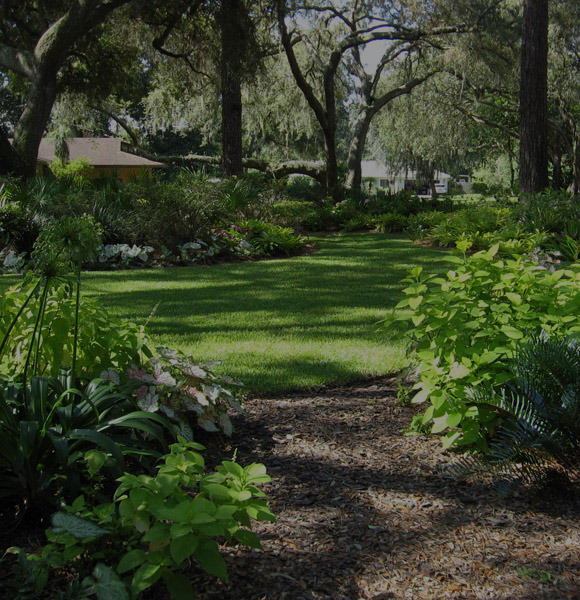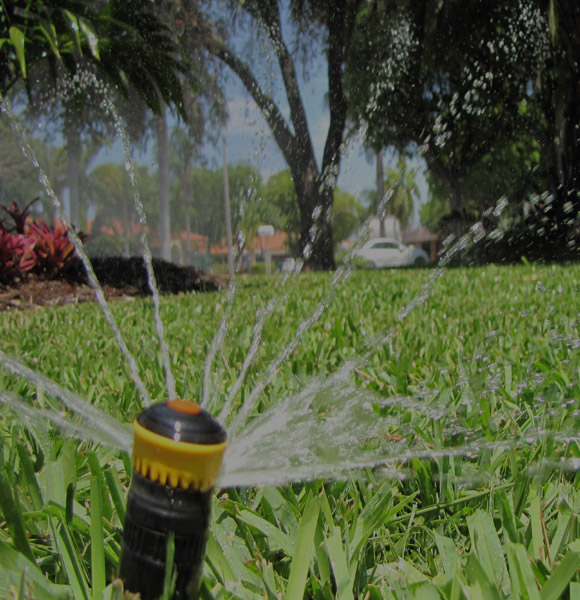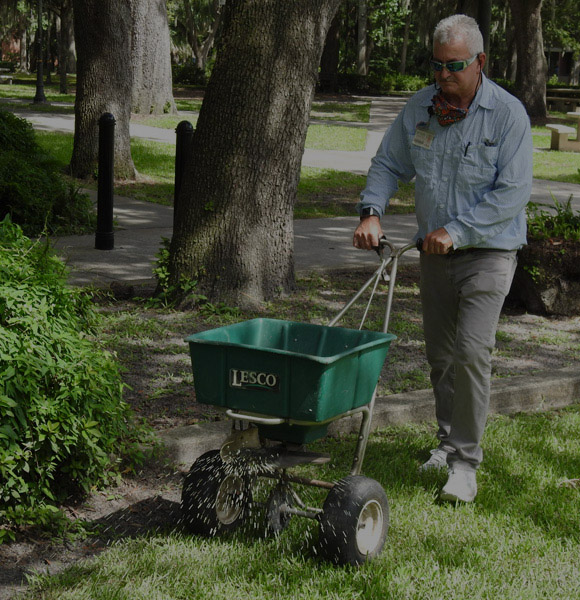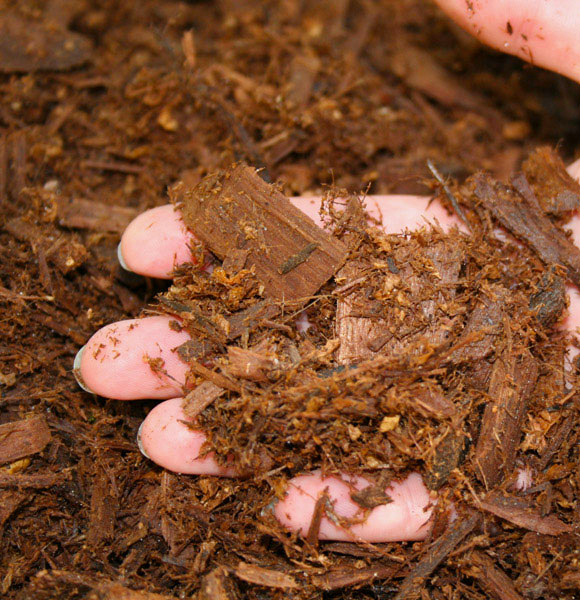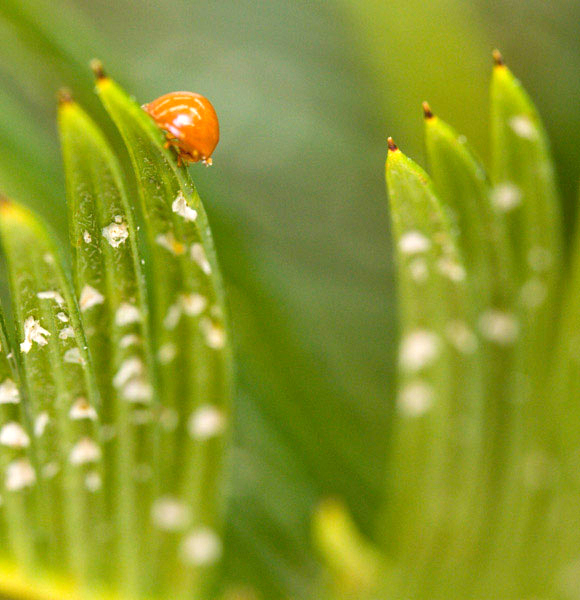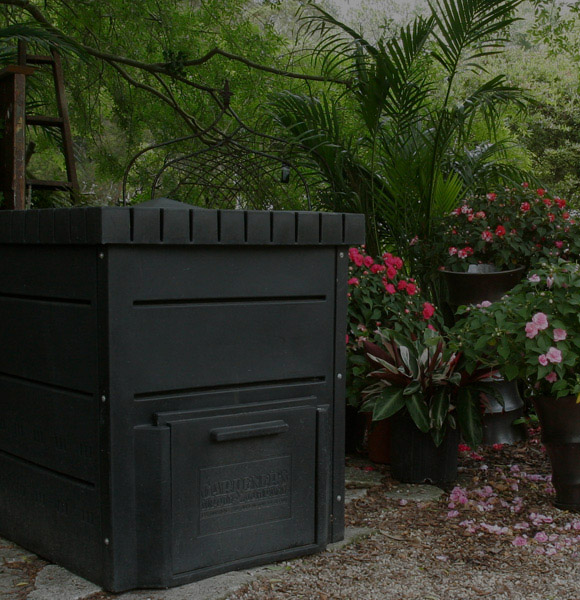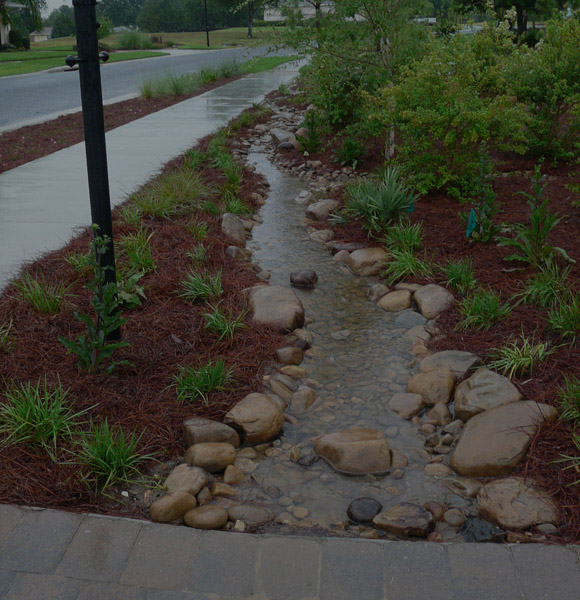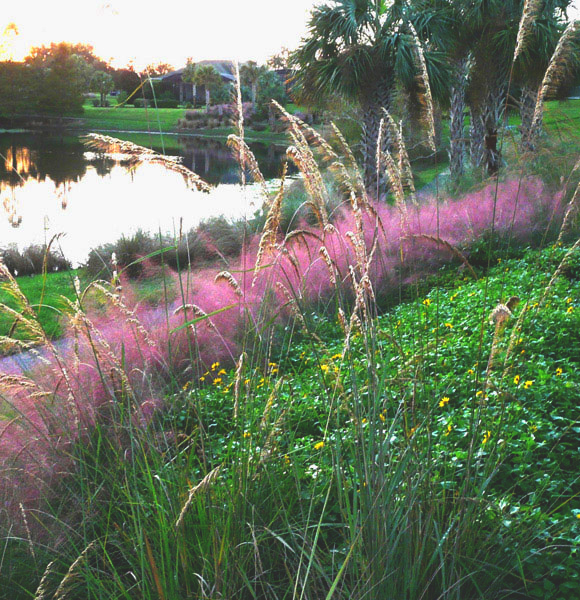For Home Landscapes
An efficient irrigation system conserves water and helps to ensure that fertilizer and other pollution doesn’t flow into water bodies. However, even an efficient irrigation system can waste water if not appropriately programmed and regularly maintained.
If an irrigation system is present, a rain shutoff device should be installed and maintained to prevent irrigation after a rain event. Don’t let the calendar tell you when to water – look to your plants for telltale signs of water stress and turn on your irrigation system manually instead of allowing the automatic controller to run on a set schedule. Handwatering, microirrigation, mulching and mowing at the highest setting are ways to reduce water use in your landscape.
Benefits:
- Irrigation water applied correctly and only when needed is more accessible to the plants
- Efficient irrigation, handwatering or microirrigation use less water
- Your water bills may decrease
- You may be more satisfied with your yard’s appearance, as too much watering can lead to fungal problems and disease
- There is less runoff and nutrient leaching from the site
Community landscapes may require supplemental irrigation, particularly new landscapes that have not been fully established. If your community fits this description be sure that you are irrigating efficiently. A well-designed irrigation system uses rain shutoff devices to prevent irrigation after a rain event, irrigates based on the needs of the plants, uses microirrigation in the landscape beds and is checked regularly for leaks and overspray. This will save your community a significant amount of money when compared with traditional systems.
Benefits:
- Irrigation water applied correctly and only when needed is more accessible to the plants.
- Efficient irrigation reduces water bills, pest problems, and maintenance needs.
- Community satisfaction increases.
- The environment will benefit from reduced water use, runoff, and nutrient leaching.
Water is a finite resource, so we need to conserve and protect our ground and surface waters. Irrigation systems should be installed and managed correctly to conserve and reduce water use. Add smart irrigation technology to save water and money. Instead of permanent irrigation systems, consider using temporary systems that can be removed once the vegetation is established.
Benefits:
- Irrigation water will be applied correctly and will be more accessible to the plants
- Efficient irrigation reduces water bills, pest problems and maintenance needs
- Client satisfaction will increase
- The environment will benefit from reduced water use, runoff and nutrient leaching

